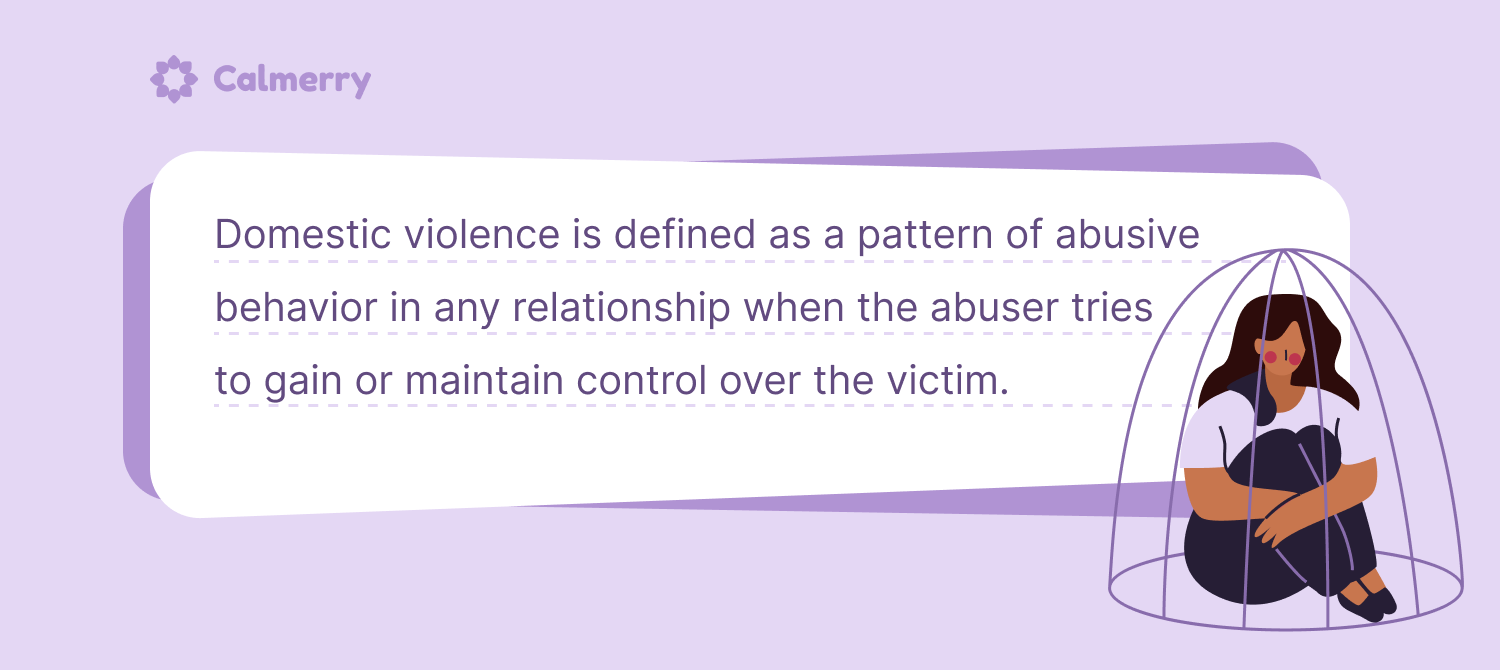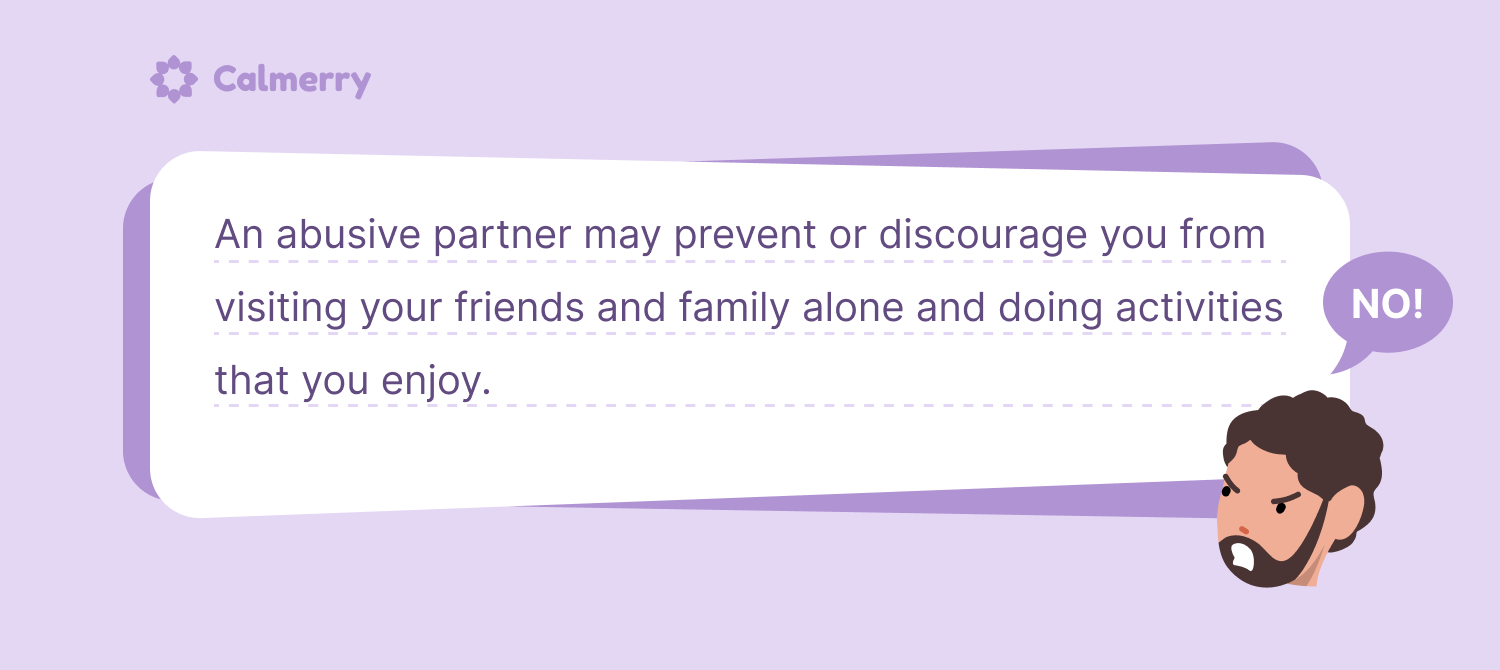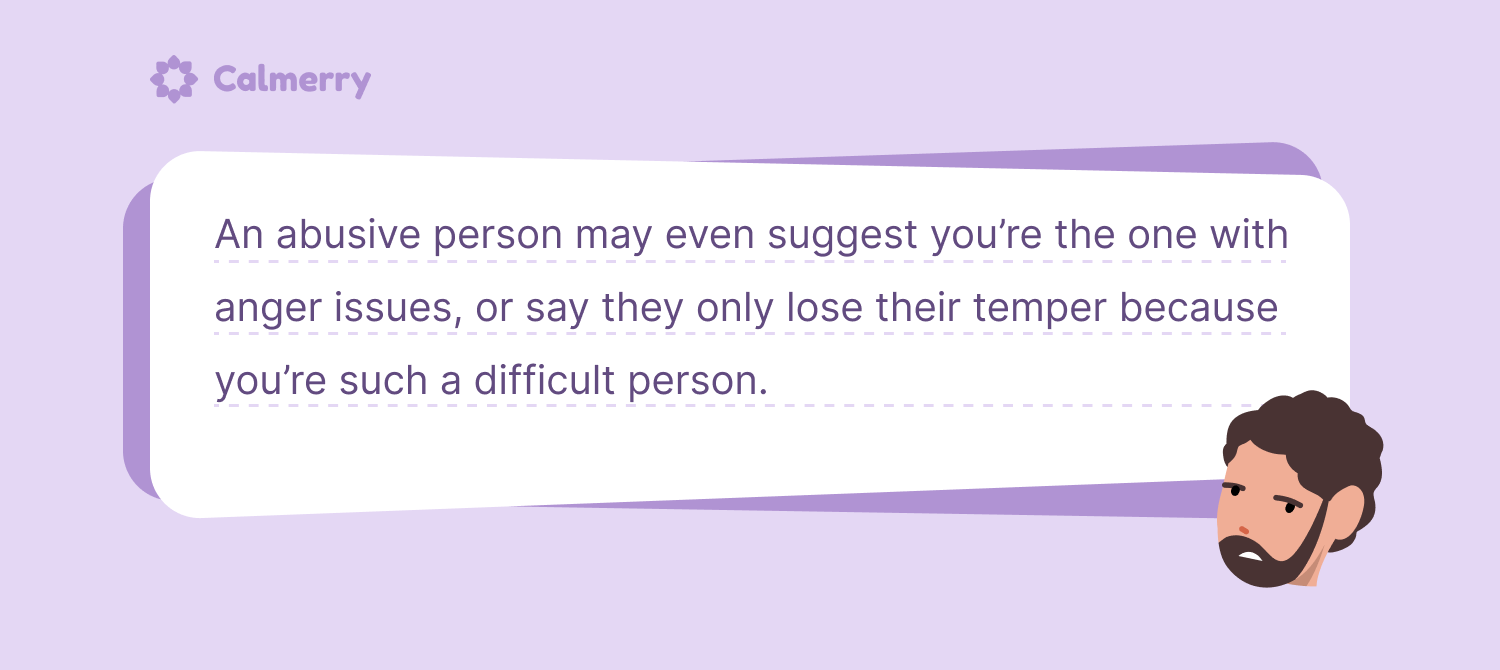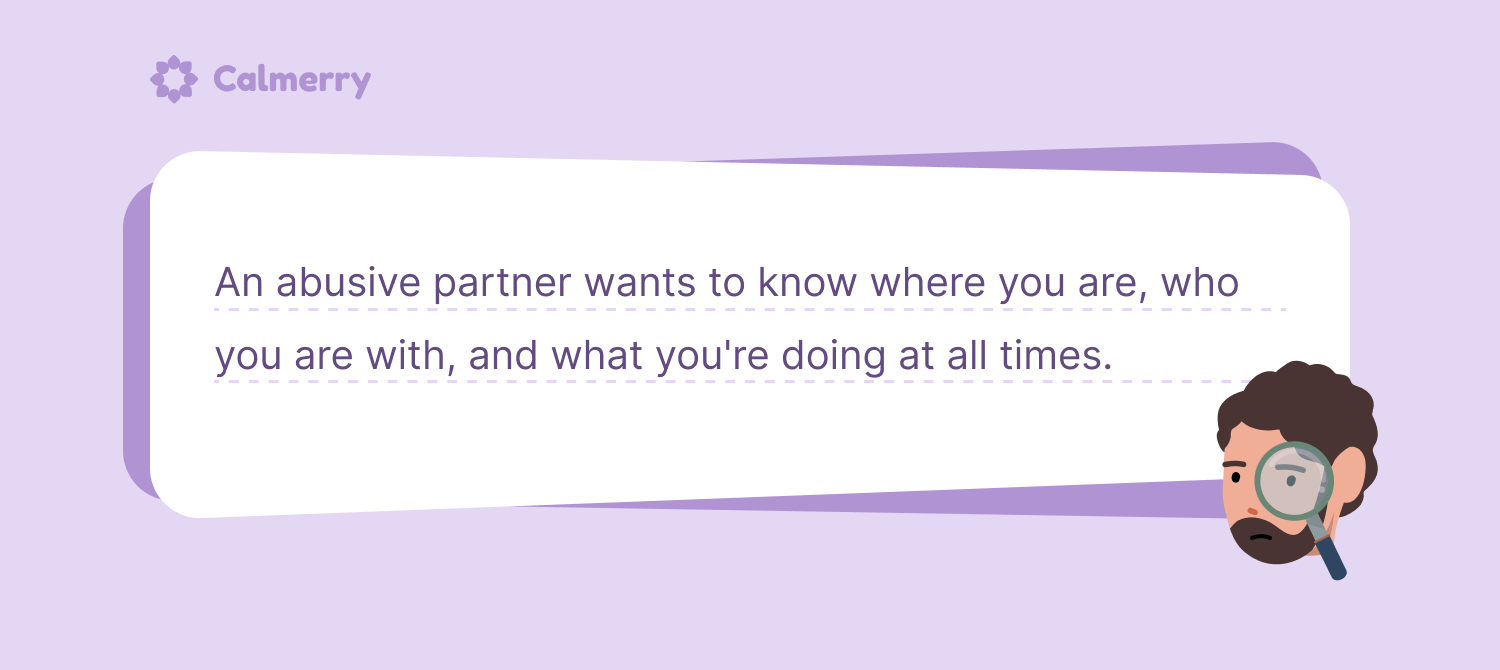5 Signs of Domestic Violence That Aren’t Physical

In this article
There is a common misconception that domestic violence equates direct physical abuse. Many people presume that if someone has not been physically abused, then they can’t be called a domestic violence survivor. Because of this narrow view of domestic violence, the insidious and far-reaching effects of other kinds of abuse can sometimes go unacknowledged. Recognizing the importance of emotional abuse therapy is essential in addressing the holistic impact of domestic violence.
What is domestic violence?
Domestic violence, which is also commonly referred to as domestic abuse or intimate partner violence occurs between people in an intimate relationship. It can happen to anyone of any race, age, gender, or sexual orientation and regardless of their social, educational, or financial status.
Domestic violence is defined as a pattern of abusive behavior in any relationship when the abuser tries to gain or maintain control over the victim. Domestic violence takes place because abusive behavior is a deliberate choice of an abusive person. Abusers control their behavior all the time – they carefully choose whom, when, and where to abuse.
Not all abusive relationships involve physical violence. Abuse can take many forms, including also sexual, psychological, economic abuse, stalking, and threats of abuse. Emotional or verbal abuse is domestic violence as well.
Identifying the signs of domestic violence isn’t always easy because they don’t always appear right away. While some relationships are clearly abusive from the outset, abusers often try to hide this part of themselves at first and may seem very attentive and protective. Abuse often starts subtly and gets worse over time.

Being in abusive relationships can destroy your self-esteem, make you feel helpless, and lead to depression, anxiety, and panic attacks. In some cases, a victim may develop symptoms of PTSD such as flashbacks, intrusive thoughts, and nightmares. It can take time and often professional help in a form of domestic violence counseling to overcome these negative consequences.
Everyone deserves to feel valued, respected and safe, so abusive behavior is never acceptable in any relationship. But the danger of toxic relationships is that the abuse can be subtle and continue for years or even decades before someone realizes what’s going on.
Recognizing that your relationship is abusive is the first step to breaking free. Here are some subtle signs of domestic violence in relationships that don’t include physical abuse.
Isolating a partner from friends and family
It’s an early warning sign of domestic violence. An abusive partner may prevent or discourage you from visiting your friends and family alone and doing activities that you enjoy. They may always insist on accompanying you elsewhere and try to keep you from socializing.
For example, when you have plans to go out, they may beg you not to go or come up with a distraction. Or they might say that they don’t like spending time with your family or friends, and only want to hang out with you alone. They might even start claiming that your family members are controlling you or that they don’t really care about you.
An abusive person uses these tactics to isolate the victim from their support system. Then it will be easier for them to establish control.

Trying to control a partner using gaslighting tactics
It’s a common form of emotional abuse that can leave the victim to question their memory, judgments, and perception of reality. An abusive partner may try to convince you that your emotions, feelings and thoughts are wrong.
They may deny that specific events or arguments have happened or insist that you did something you didn’t. They may also deny their earlier promises, pretend they don’t understand you, and refuse to listen to you.
Gaslighting can make you feel like you’re losing your mind. Over time the person that is being gaslighted may come to question all their own thoughts and becomes even more dependent on the abuser.
Passing blame onto a partner
A person that is emotionally abusing you may deny responsibility for their own actions like cheating or yelling. They blame you for their toxic behavior or tell you that you deserve it, trying to make you feel that most things are your fault.
For example, they may point to actions that they claim you did wrong, and say that it “made them” abuse you. An abusive person may even suggest you’re the one with anger issues, or say they only lose their temper because you’re such a difficult person.
They may constantly accuse you of cheating even when they have no evidence to support this. They may even blame you for their problems when things go wrong. They might say their life would be better if only you’ve been a more supportive partner.

Your partner tries to control your actions
It may start with something that isn’t abusive at all and just seems like a normal relationship behavior when a person is caring. But over time, it builds into a pattern of control where an abusive partner wants to know where you are, who you are with, and what you’re doing at all times.
They may constantly check in with you and ask what you’re doing and insist you respond to calls or texts immediately. They expect that you can be reachable at any point so not answering a phone can become a big deal.
They may demand your passwords to spy on you digitally and regularly check your emails, browsing history, texts, and call logs. They might even tell you what to wear, what and how much to eat, how to clean the house, or which people you can spend time with.

Passive-aggressive tactics
Passive-aggressive comments and behaviors can be early warning signs that someone may become emotionally abusive. A passive-aggressive husband may use such tactics to exert their control over situations in a less direct or recognizable way.
Some passive-aggressive behaviors include:
- Making backhanded compliments
- Giving you the silent treatment
- Using sarcasm when responding to your requests
- Procrastinating when you’ve asked them to do something
- Making excuses rather than saying what is on their mind
Final thought
Non-physical domestic violence can harm a person mentally, emotionally and psychologically. If these warning signs are all too familiar, you should know that the abuse that is happening to you is not your fault, and you don’t have to live with it. Remember: no one deserves to be abused. Still, the only way to break the emotional abuse cycle is to take action so you can get the support you need.
Start by telling someone about the abuse, whether it’s a trusted friend, family member, neighbor, coworker, or another close contact. Reach out to a mental health professional, or consider seeking support from Calmerry, where discussing the experience with a therapist can help you rebuild your self-esteem that was damaged in the abusive relationship.
online therapy
live video session



